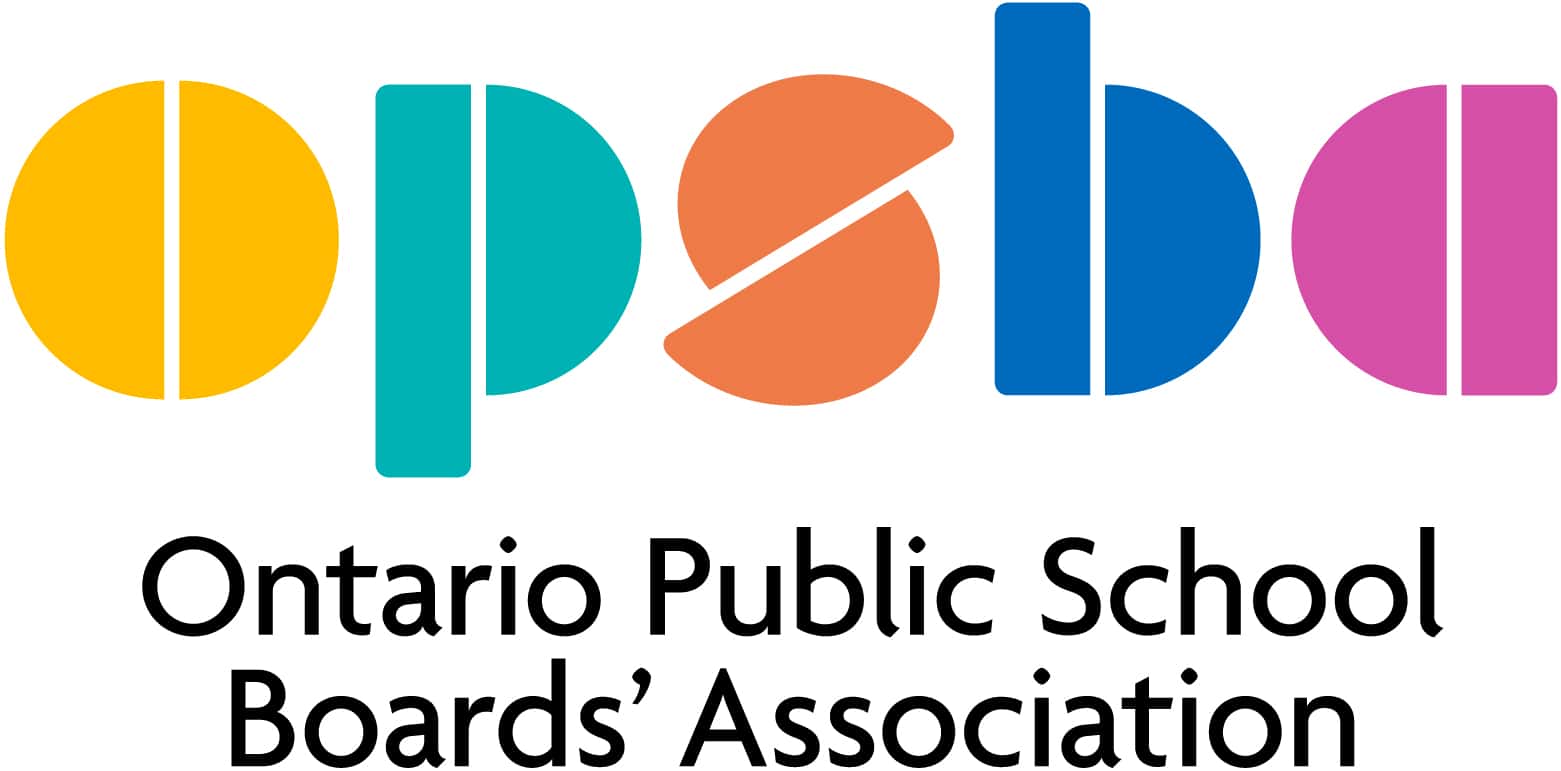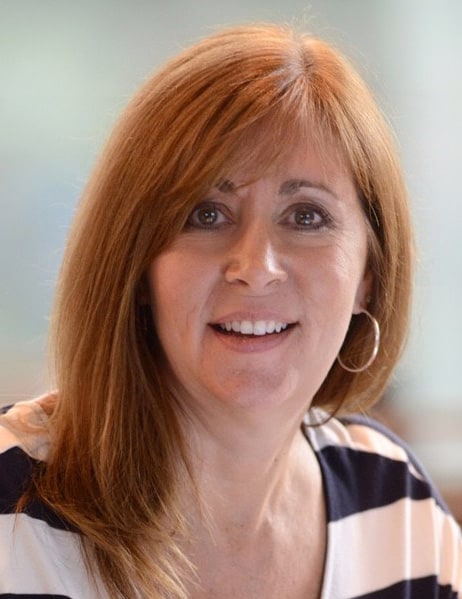 Will and Courage
Will and Courage
Reflections on the National Trustee Gathering
Again this year, I have the privilege of representing trustees from across Ontario as president of the Ontario Public School Boards’ Association. It was in this capacity that I attended the excellent Canadian School Boards Association Congress and National Trustee Gathering on Aboriginal Education (NTGAE) in July. Safe and inclusive schools and respect for all students are critical priorities for us as leaders in education — and a focus of this edition of Education Today — and nowhere was this more evident than in the presentations, speakers and dialogue at this year’s event. The conference focused on First Nations peoples and brought together trustees from across our beautiful country. At the same time, it brought into perspective the urgency of the calls to action by the Truth and Reconciliation Commission (TRC) and our long overdue response.
On the drive to the congress location north of Vancouver, I was intrigued by road signs that named places in English and the local First Nations language, a practice replicated in few other places. I also noticed a greater presence of Indigenous culture in the region. It was a perfect venue to consider some of the next steps for Canadian public education.
Jo-Anne Chrona, a First Nations education leader in British Columbia, talked about the courage to learn and the assertion that “we can’t transform anything until we understand our own biases.” I believe that it is our children who will make the greatest impact. Education continues to be more than simply a public service; it now provides a key forum for positive societal progress and change. How do we as education leaders create the conditions to move the TRC’s calls to action forward?
Additional powerful and thought-provoking ideas were raised and discussed at the conference; one in particular was the racism of low expectations. This concept raises important questions: How have we perpetuated this attitude? How do we identify it in our daily lives, correct it and take the lead to make things right?
Other discussions centred on the legacies of former “heroes” of the colonialization era and how the naming of our landmarks and schools and the choice of subjects for public monuments can lead to a continuing reminder of the hurts and disrespect shown to Indigenous communities. While the names we’ve given to these landmarks cannot be immediately eradicated, it is good, even necessary, that we recognize and acknowledge the Indigenous perspective because our recognition shows a commitment to learn and understand the past. We should not be afraid to ask questions and talk about the realities of our history. This approach in no way minimizes the impact of events, but it frees us to move forward with the work we need to do. We have to acknowledge this past; while we can’t change our history, we can make changes for the future.
While we have a duty to advocate for expedited changes to curriculum, behaviour and policies, we must do so with respect and take care not to speak on behalf of Indigenous communities, as pushing ahead without their involvement could be yet another damaging action.
Charlene Bearhead, education lead for the National Centre for Truth and Reconciliation at the University of Manitoba, spoke at the NTGAE about reconciliation and some of the work currently under way. She stressed that this work must not be thought of as simply a trend, like shag carpet or open concept schools; instead, we need to undertake genuine engagement with Indigenous communities to bring their culture into our schools. The majority of the calls to action relate in some way to education — resulting in our challenge, our responsibility and our opportunity.
I am proud of our member boards and trustees who are addressing Indigenous interests with such respect, in their local schools and at the OPSBA board table with our representative member and Indigenous Trustees’ Council. We have learned from this council’s wise and kind teacher, Peter Garrow, and thank him for his patient teachings as he retires from his role on the OPSBA Board of Directors. At the same time, we also welcome Chief Elaine Johnston, trustee with the Algoma DSB, as she moves into this role. I have personally witnessed the strong wills of these education leaders. Together, we must all continue to muster the courage to truly create positive change.
What’s good for an Indigenous child, a newcomer to Canada or any student, regardless of background, is good for all children. We need to explore what this guiding principle means as we implement the TRC calls to action, and as we pursue safe and inclusive policies in our schools, so we all understand how rich our system can be when we respectfully include all cultures. The work ahead is not only about truth and reconciliation with Indigenous communities; it’s the right thing to do.
Laurie French

 Will and Courage
Will and Courage